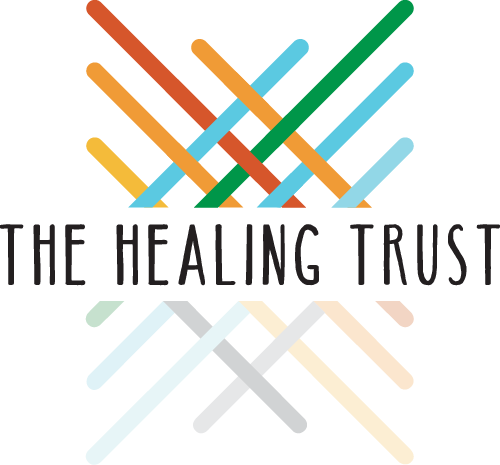Our Advocacy
We do more than write checks.
We provide unique programs and opportunities to increase the capacity of nonprofits and improve the health of Middle Tennesseans. We know that population-level health improvement must focus on the impact that systems and policies have on health.
In 2019, we decided to use our influence to engage in advocacy alongside our grantees. This type of advocacy is an extension of our mission and previous advocacy work and came at the request of our grantees and peer groups. Engaging in advocacy allowed us to focus on the root causes of the issues that our grantees work to address via our grants program. We continue to use their input and feedback to determine when and how we use our influence.
Advocacy Training and Technical Assistance
We work to increase the capacity of our grantee partners by providing technical assistance and workshops independently and in partnership with the Tennessee Nonprofit Network, Community Catalyst, and the Frameworks Institute.
Policy Analysis
Our grantees told us that Tennessee needed high-quality, nonpartisan research and analysis on policies that impact the health of our community. In response to that, we committed $2.5 million over five years to launch The Sycamore Institute.
Catalyzing Collaboration
We fund and support cross-sector collaborations that address healthcare access and the prevention and mitigation of childhood experiences. We served as the backbone organization for the Get Covered Tennessee advisory committee which included nonprofits, insurance representatives, members of the private sector, and funders representing the entire state.
2024 Advocacy agenda
The strategic priorities below reflect feedback that we received directly from our grantee partners:
- Protecting voter rights and ensuring voter education and access
- Supporting quality and accessible maternal and child health supports and services
- Increasing access to affordable and high-quality childcare
- Supporting youth justice reform for a more equitable justice system
- Support safe, stable, nurturing relationships and environments for children and caregivers
- Supporting the development and access to affordable housing
In 2023, we advocated to:
- Expand the languages in which the driver’s license test is available to be more inclusive and reflective of Tennesseans. The driver’s test in Tennessee is only available in English, Spanish, German, Korean, and Japanese, which do not reflect the people of Tennessee. A lack of licenses is a significant burden on businesses, workers, children, and public safety.
- To add the MENA (Middle Eastern and North African) category and the addition of a combined question with detailed checkboxes to the U.S. Census. Including MENA as an ethnic category will increase our understanding of who our neighbors are and how we might best serve them.
- In support of not dismantling the Tennessee Commission on Children and Youth
- In support of expanding the length of the comment period from to a minimum of 60 days in response to the then pending end of Title 42. The 30-day comment period wasn’t enough time to review the complex, 153-page proposed rule.
In 2022, we paused bringing a new advocacy agenda forward while we were going through strategic planning and transitioning our priority areas.
- We continued responding to the needs of the community considering the COVID-19 pandemic
In 2021, we prioritized:
- Responding to the needs of the community considering the COVID-19 pandemic
- Increasing health care access
- Increasing access to affordable and high-quality childcare
- Advancing racial equity in nonprofit governance in Middle Tennessee
We advocated alongside our grantee partners for the continued support of Metro Nashville Public Schools’ Trauma-Informed Schools Initiative, to prioritize Restorative Practice Assistants as part of that initiative, for the inclusion of smoking quit aids in the CoverRX program, and for deferred action and work authorization to continue to be part of DACA policy.
We also joined some of our foundation peers in speaking out against political violence and violence against Asian Americans.
We do not engage in lobbying or earmark funds for lobbying.
In 2020, we participated in national and local campaigns to encourage census participation and early voting. We also advocated for:
- Medicaid expansion
- The complete funding of the Trauma-Informed Schools Initiative in the 2020-2021 Metro Nashville Public Schools’ Budget
- The complete funding of the Barnes Fund
- An economic recovery plan
- A statewide mask mandate
- Nonprofit experts to make recommendations for how the COVID-19 Response Fund was spent
- The extension of the executive order for telehealth and pre-licensed therapists
